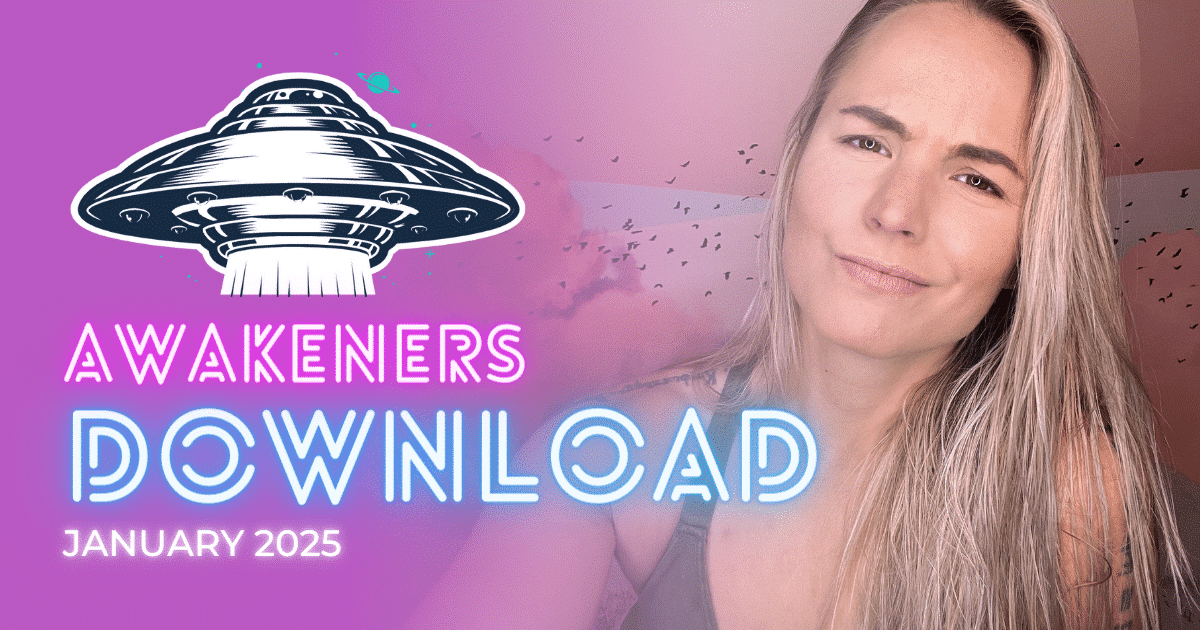Anxiety is the unwelcome guest that seems to show up uninvited, whether you’re stuck in traffic or trying to fall asleep at night. The good news? There are tons of ways to manage it. From traditional methods like therapy and medication to spiritual practices like meditation and energy work, the options are vast. But which one suits you best? Let’s break it down, compare the two, and help you find the anxiety relief path that aligns with your vibe.

Traditional Methods: Tried and Tested
Traditional methods of anxiety relief are often rooted in science and evidence-based practices. These approaches include therapy, medication, and lifestyle changes that target the biological and psychological causes of anxiety.
-
Therapy: Cognitive Behavioral Therapy (CBT) is a popular option, teaching you to reframe anxious thoughts and develop healthier coping mechanisms. Example: Imagine recognizing a negative thought like “I’ll never get this done” and flipping it to “I’m making progress, one step at a time.” That’s CBT magic.
-
Medication: For some, medications like SSRIs can help regulate brain chemistry and reduce anxiety symptoms. Pro Tip: Always consult a professional before considering this route.
-
Lifestyle Changes: Regular exercise, a balanced diet, and adequate sleep can significantly impact anxiety levels. Example: Swapping late-night scrolling for a brisk walk can make a world of difference.

Spiritual Practices: Aligning Mind, Body, and Soul
On the flip side, spiritual practices aim to address anxiety on an energetic and soul level. These methods often focus on grounding, aligning with higher vibrations, and accessing inner peace.
-
Meditation: Spiritual meditation goes beyond mindfulness, helping you connect with your higher self and the universe. Example: Picture yourself sitting in stillness, visualizing white light flowing through you, dissolving anxious energy.
-
Energy Healing: Practices like Reiki or chakra balancing work on clearing blockages and restoring energetic harmony. Pro Tip: Feel tension in your chest? A heart chakra tune-up might be just what you need.
-
Journaling: Writing down your thoughts and intentions isn’t just a release—it’s a way to communicate with your inner self. Example: Start your day by writing, “I am calm, I am grounded,” and watch how it sets the tone.

Comparing the Two
-
Approach to Anxiety: Traditional methods target the mind and body, while spiritual practices focus on the connection between your soul, energy, and the universe.
-
Accessibility: Therapy and medication might require appointments and prescriptions, whereas spiritual practices like meditation and journaling can be done anywhere, anytime.
-
Immediate vs. Long-Term Relief: Medications often offer immediate symptom relief, while spiritual practices may require patience and consistency to see profound changes.








